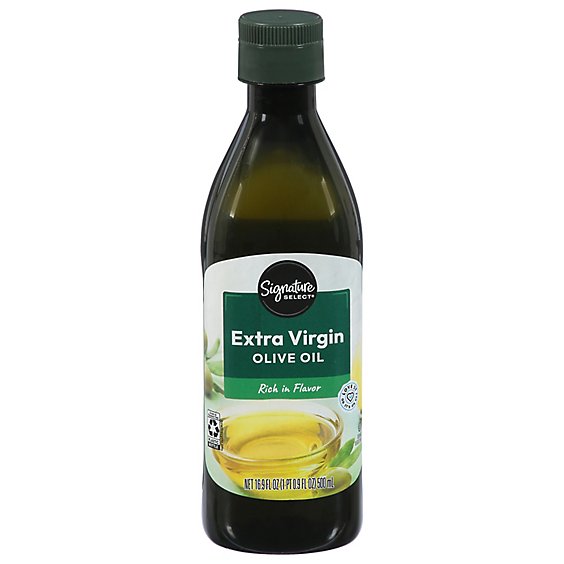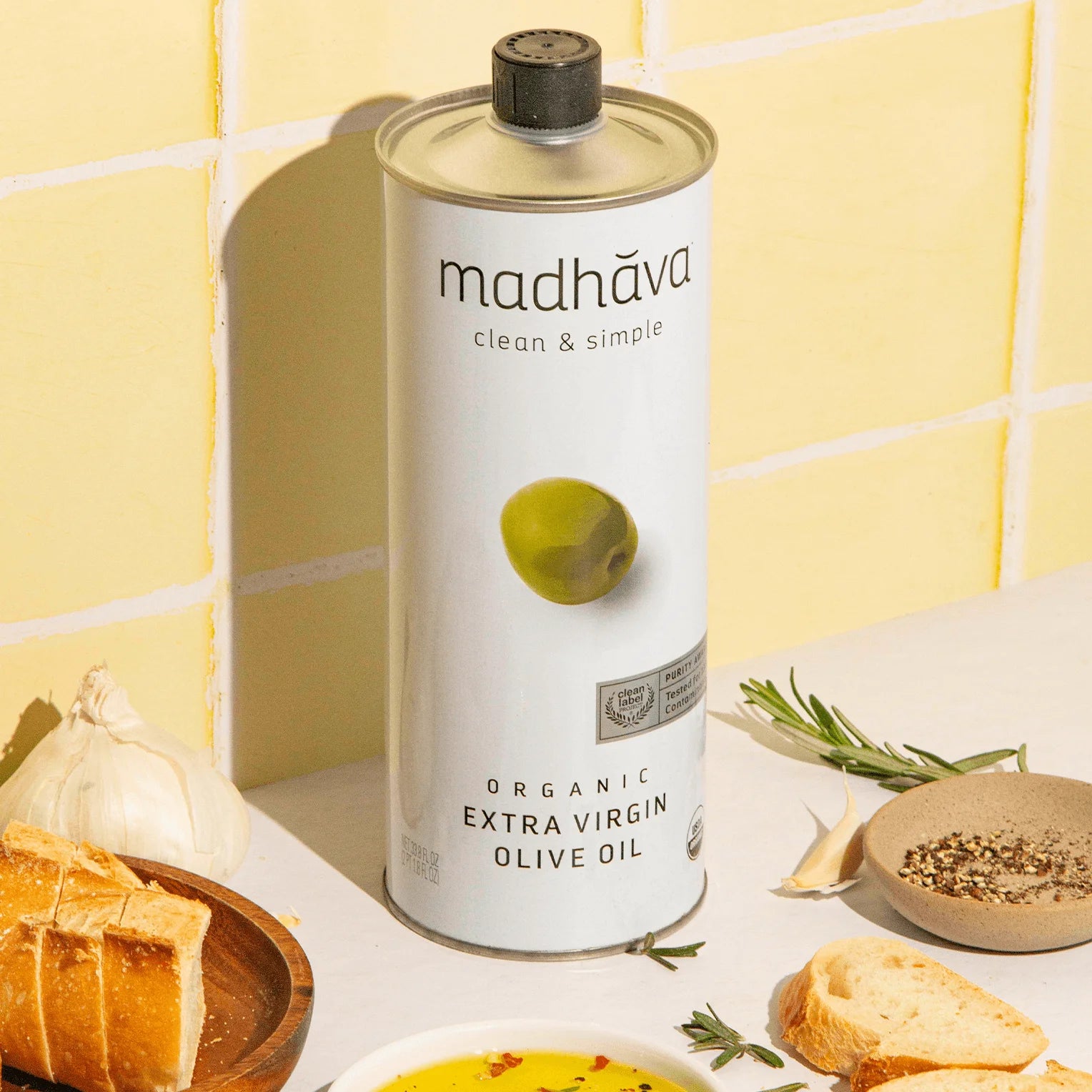Exploring the Various Sorts Of Olive Oil and Their Uses, Including Additional Virgin Olive Oil
The expedition of olive oil includes a varied range of kinds, each offering culinary applications and distinctive tastes. Extra virgin olive oil, renowned for its premium high quality and health and wellness advantages, offers as a staple in lots of kitchens, yet it is just one element of this diverse component.
What Is Olive Oil?
Derived from the fruit of the olive tree, olive oil is a staple in Mediterranean food and a key ingredient in numerous cooking applications. This flexible oil is created by pushing entire olives, leading to a fluid that differs in color, taste, and scent depending on the kind of olives used, the region of cultivation, and the extraction process. Olive oil is predominantly made up of monounsaturated fats, particularly oleic acid, which is recognized for its possible wellness advantages, consisting of anti-inflammatory buildings and cardio assistance.
Along with its culinary usages, olive oil has a lengthy history of application in traditional medicine and skin care, owing to its abundant antioxidant web content (extra virgin olive oil benefits). The oil is commonly made use of in dressings, marinates, and for cooking techniques such as sautéing and roasting. Its distinct flavor account can boost the taste of different dishes, making it an important component for both home cooks and expert chefs
Moreover, olive oil is celebrated for its role in the Mediterranean diet, which is connected with many health benefits. As awareness of these advantages expands, olive oil remains to gain popularity worldwide as a basic element of a healthy and balanced lifestyle.
Types of Olive Oil
Recognizing the different sorts of olive oil is vital for both cooking lovers and health-conscious customers. Olive oil is categorized primarily based upon its removal method and high quality, which considerably impacts its aroma, flavor, and health and wellness advantages.

Light olive oil, in spite of its name, describes a lighter taste and not lower calories. It is suitable for those seeking a much more subtle taste in dressings and marinades. Furthermore, there are flavorful olive oils instilled with natural herbs, spices, or citrus, which can improve dishes without the demand for additional seasoning.
Each sort of olive oil serves particular cooking objectives, and recognizing these distinctions permits customers to make informed choices that straighten with their food preparation styles and wellness goals.
Bonus Virgin Olive Oil
Bonus virgin olive oil (EVOO) is widely regarded as the best olive oil readily available, celebrated for its abundant flavor and numerous health benefits. To be classified as additional virgin, the oil has to be created from fresh olives utilizing mechanical procedures, without the usage of solvents or excessive heat. This meticulous technique preserves the oil's all-natural flavors, this link anti-oxidants, and healthy fats, causing a product with a low level of acidity level of less additional reading than 0.8%.
EVOO is plentiful in monounsaturated fats, specifically oleic acid, which is connected to reduced inflammation and boosted heart health. It likewise contains polyphenols, powerful anti-oxidants that might provide safety results against persistent conditions. The flavor profile of EVOO can differ considerably relying on the olive variety and region of manufacturing, varying from fruity and grassy to robust and sharp.

Culinary Use Olive Oil

In cooking, olive oil can be used for sautéing, toasting, and cooking, giving a much healthier choice to butter or various other fats. Its high smoke factor makes it appropriate for various cooking methods, while its antioxidants add to a heart-healthy diet regimen. Showering olive oil over completed meals, such as pasta, fish, or grilled vegetables, can boost tastes and add a touch of beauty.
Furthermore, olive oil plays a significant duty in cooking, where it can replace conventional fats in recipes for bread and breads, giving wetness and a subtle preference. It likewise acts as a base for instilled oils, permitting chefs to experiment with tastes such as garlic, natural herbs, or chili, even more expanding its cooking capacity. Overall, olive oil's convenience makes it vital in both you can try this out home and expert kitchens.
Finding High Quality Olive Oil
When selecting top quality olive oil, it's vital to consider numerous essential factors that affect the product's aroma, taste, and health and wellness advantages. Choose for added virgin olive oil (EVOO), which is derived from the very first cool pressing of olives and consists of the highest possible levels of antioxidants and valuable compounds. Try to find oils that are licensed by recognized organizations, as this usually ensures adherence to rigid top quality standards.
The packaging likewise plays a substantial duty in preserving the oil's stability. Select oils saved in dark glass containers or tins to protect against light deterioration. Focus on the harvest day; fresher oils offer exceptional flavor and nutritional worth, so choose items that are within 18 months of their harvest.
Furthermore, take into consideration the origin of the oil. Top quality olive oils typically originate from certain areas recognized for their distinctive taste accounts, such as Italian, Spanish, or Greek oils. Be conscious of the preference; a great high quality olive oil must have an equilibrium of fruity, bitter, and sharp notes, suggesting its richness and complexity. By evaluating these factors, you can ensure you are picking the very best olive oil for your cooking requirements.
Conclusion
In recap, the expedition of different kinds of olive oil discloses unique qualities and applications, with extra virgin olive oil standing for the peak of quality due to its reduced level of acidity and high antioxidant material. Its flexibility in cooking uses enhances tastes in dressings, marinates, and drizzles. Recognizing the various varieties of olive oil enables notified choices in food preparation techniques, advertising much healthier practices while improving the general gastronomic experience. Quality choice remains critical for optimum benefits.
Derived from the fruit of the olive tree, olive oil is a staple in Mediterranean food and a key component in numerous culinary applications.The most typical kinds of olive oil consist of refined olive oil, pure olive oil, and light olive oil.Additional virgin olive oil (EVOO) is extensively concerned as the highest possible top quality olive oil available, renowned for its abundant flavor and various health and wellness advantages. Opt for extra virgin olive oil (EVOO), which is obtained from the initial cold pressing of olives and includes the greatest degrees of anti-oxidants and useful substances.In recap, the expedition of numerous types of olive oil reveals unique features and applications, with extra virgin olive oil representing the pinnacle of quality due to its low acidity and high antioxidant material.